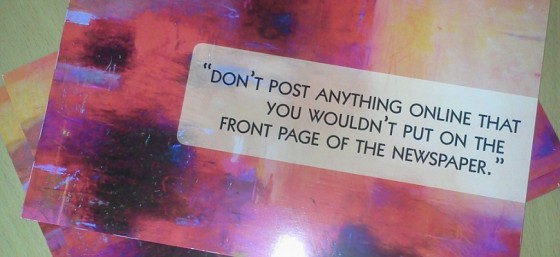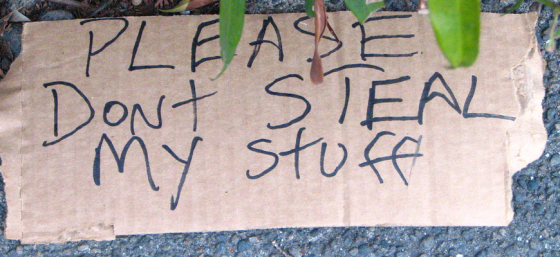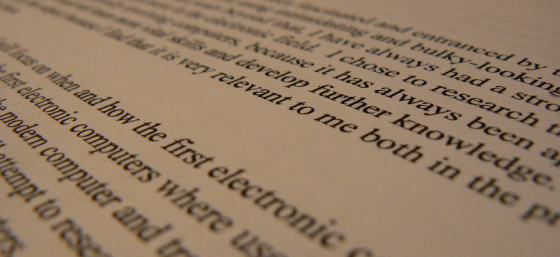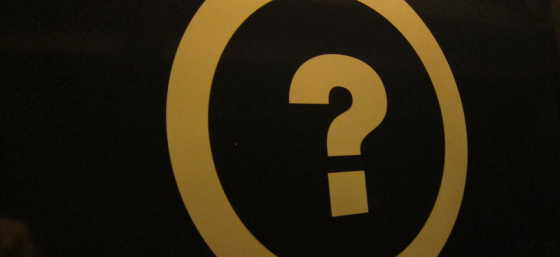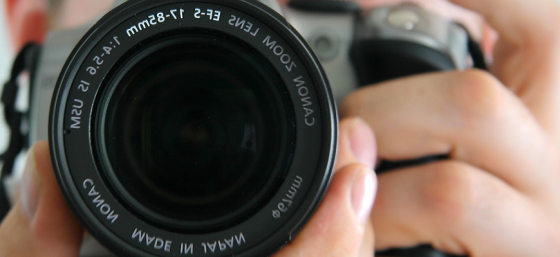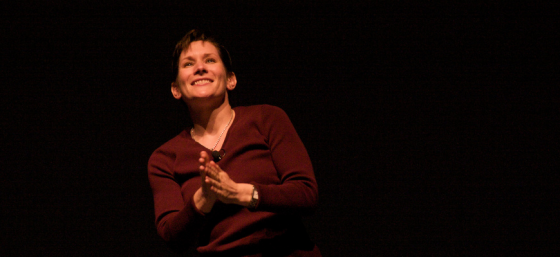Grrr . . . It seems like every time I call the Copyright Office with a question about blog copyrights, I have to change my stance on how and whether anyone should register their blog’s content. Mind you, when I wrote the Legal Side of Blogging last year, my research and ideas were approved by my cyberspace law professor and another internet/copyright attorney. We all got it wrong.
I used to think that bloggers should register their new content every three months because the Copyright Act says you’re eligible for statutory damages in a copyright infringement lawsuit if you register your work within three months of publication or one month of learning of the infringement – whichever is first. In a previous call to the Copyright Office, the representative said it was permissible to register all your content as one work and that subsequent registrations would be derivative works of the prior ones.
A few months ago I was informed that content that is only available online (including blog posts) doesn’t count as “publications,” so that rule about registering within three months of publication doesn’t apply. For unpublished content, you have to register you work prior to the infringement occurring to be eligible for statutory damages. If you wait until after your work has been stolen to register you work you can only collect actual damages, which will be low unless you or the person who stole your work has a financially successful site.
I called the Copyright Office yesterday and was told that you can’t register posts that are released on different days as one work (though my experience is proof that you can) and you can’t register the same post as an individual work and as part of a larger work, (though I think there’s some wiggle room here).
So here’s my new stance – registering your blog content is not worth it for most people. The exception to this rule is you might want to register your work if you think it will be stolen by someone who can afford to pay potentially hundreds of thousands of dollars in damages and attorneys’ fees. If you’re in this boat, or think you might be, you should submit your application to the Copyright Office before you release the post on your site to ensure that your application will be in before any infringement can occur.
This is more proof of how behind the times the law is and that you can’t apply logic to copyright on the internet. I think it’s moronic that online content isn’t “published” when it’s released on the internet. I think this definition will change in the near future with so many publications switching from paper to being online only. As the law is written and applied the law seems unfair because it makes it harder for online writers to protect themselves.
There is a special copyright registration for “serial works” but so far the Copyright Office says blogs, including those that are released on a strict schedule like other serial publications, do not qualify. I think this is wrong and needs to be challenged.
For now, I’ve added a disclaimer to my ebook on Amazon that states that the copyright registration chapter is inaccurate and will be updated this summer. I hope to add the revised chapter to the book in the next month once it gets through legal review and editing.

